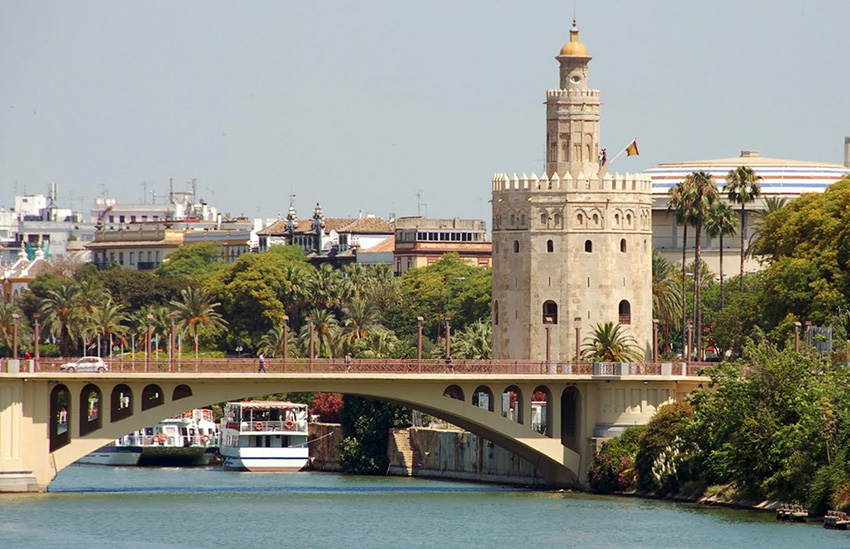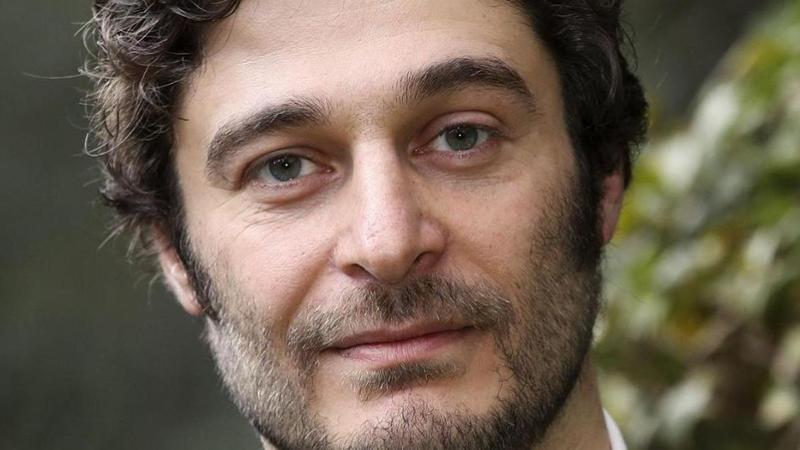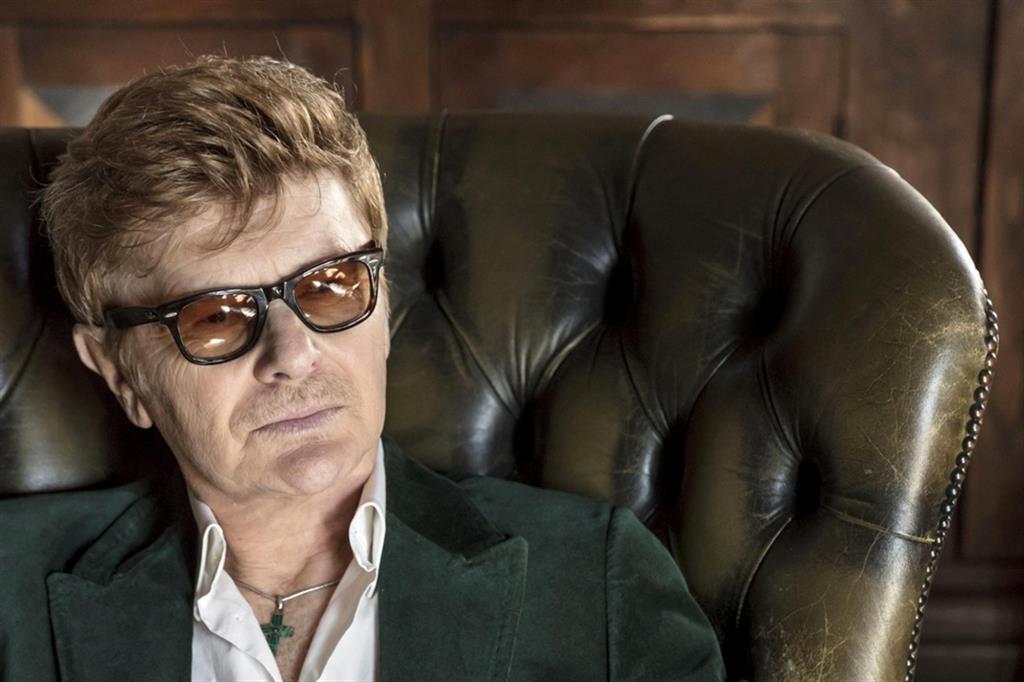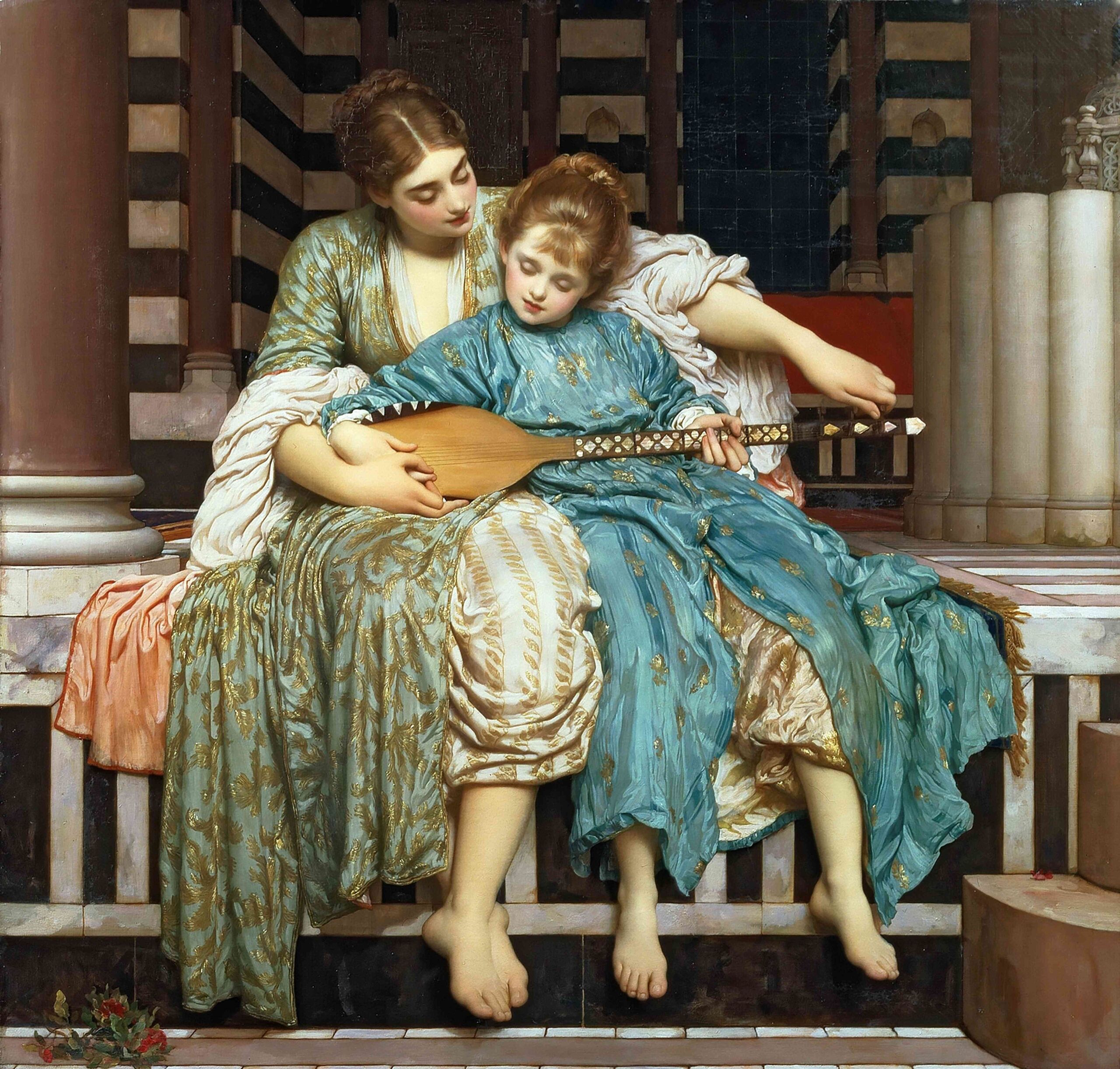No soy yo quien descubre, yo que he llegado en último aquì, atraído por el encanto único de Sevilla y de su indiscutible clase, a descubrir la vocación internacional de esta ciudad. Desde que viví en Madrid, Sevilla ha sido para mí la mejor actitud para vivir. Al menos así me parecía entonces y debo decir que no me equivoqué.
Aquí sólo tengo que aprender. También en el ámbito periodístico, incluso después de haber vivido en ocho capitales europeas como cronista y como editor. Es aquí donde ha vivido uno de mis mitos, que que protagonicé en un relato, y que honestamente me parece que ha sido olvidado precipitadamente o, por decirlo de otro modo, dejado de lado. Romero Murube, el periodista y el escritor.
En una imagen que tengo siempre ante mis ojos, Romero Murube se deja fotografar delante de la casa, hace setenta y ochenta años, en la Huerta de la Noria, un lugar mágico de estilo mudajar, con cipreses, palmeras y una fuente en el centro del jardín. Ahora la Huerta se desmorona y, a menos de milagros, desaparecerá en ese momento que Romero Murube intentó poseer con sus escritos. Es un poco la situación que todos estamos viviendo en la post-pandemia y, si me lo permiten, en la indecisión social y política actual sobre lo que debe ser nuestro futuro.
Romero Morube ha vuelto a mi mente mientras escribía, en estos días, sobre el intento de desmembramiento estético del que es víctima Palmera. Escribió en ABC de Sevilla en 1965: “Derribos, más derribos, arquitecturas extrañas, ausencia de patios, de luz e intimidad de hogar… Pasear hoy por nuestra ciudad es quedar cesantes de muchas cosas que antes gozábamos, de muchas bellezas, de todo lo que hacía de Sevilla una ciudad única y entrañable. Eso, cesantes de la belleza. Un poco muertos ya. ¡Qué nos vamos a hacer! Cesantes como sevillanos. ¿Podrá tener esto arreglo? Nos invade el escepticismo. Ser hoy sevillano es morir cruelmente y poco a poco, en cada calle, en cada esquina de la ciudad”. Me adelantó, nos adelantó a todos.
Iré al grano. La “Asociación Internacional 22periodico” quiere ser el punto de referencia para los periodistas extranjeros – pero están incluidos de derecho en el discurso todas las personas que se preocupan por Sevilla, Andalucía y Cultura – que viene tanto por motivos profesionales y privadas como para seguir conferencias y acontecimientos.
A estas personas, además de facilitar su estancia en nuestra capital, les contaremos todas estas historias de una ciudad que ha hecho de la verdadera y pura Estética su razón histórica de vida. Esto significa que, además de multiplicar las amistades internacionales, en todo el mundo nuestros colegas hablarán de la verdadera Sevilla y no sólo de su imagen turística paralela.
Promoveremos por todos los lados las bellezas artísticas, pero también las alegrías enogastronómicas y las rutas culturales menos obvias. El www.22periodico.es quiere ser el periódico que traza este camino hecho de orgullo – la razón por la que nos hemos reunido -, profesionalidad y sobre todo independencia, que es lo que más nos preocupa en este momento. (Giovanni Giacchi)
ENGLISH VERSION:
It is not I who discovers, I who have arrived last here, attracted by the unique charm of Seville and its indisputable class, the international vocation of this city. Ever since I lived in Madrid, Seville has been the best attitude for me to live. At least I felt that way then and I must say that I was right.
I just have to learn here. Also in the journalistic field, even after having lived in eight European capitals as a correspondent and as an editor. It is here that one of my myths lived, that I starred in a story, and that honestly seems to me to have been hastily forgotten or, to put it another way, set aside. Romero Murube, the journalist and the writer.
In an image that I always have before my eyes, Romero Murube is photographed in front of the house, seventy and eighty years ago, in the “Huerta de la Noria”, a magical place of style “mudajar”, with cypresses, palm trees and a fountain in the center of the garden. Now theHuerta is crumbling and, unless miracles occur, it will disappear at that moment that Romero Murube tried to possess with his writings. It is a bit the situation that we are all living in in the post-pandemic and, if I may say so, in the current social and political indecision about what our future should be.
Romero Morube has returned to my mind while writing, in these days, about the attempt of aesthetic dismemberment of which Palmera, in Sevilla, is victim. He wrote in ABC de Sevilla in 1965: “Demolitions, more demolitions, strange architectures, absence of courtyards, of light and intimacy of home… To walk through our city today is to be left unemployed of many things that before we enjoyed, of many beauties, of everything that made Seville a unique and endearing city. That, ceasing beauty. A little dead already. What we are going to do! Unemployed as Sevillians. Can you have this arrangement? Skepticism invades us. To be Sevillian today is to die cruelly and little by little, in every street, in every corner of the city”. He beat me to it, beat us all to it.
I’m going to the point. The International Press Club, which I deal with together with my colleagues, wants to be the point of reference for foreign journalists – but are included in the speech right all people who care about Seville, Andalusia and Culture – which comes both for professional and private reasons and to follow conferences and events.
To these people, in addition to facilitating their stay in our capital, we will tell all these stories of a city that has made true and pure Aesthetics its historical reason for life. This means that, in addition to multiplying international friendships, all over the world our colleagues will talk about the real Seville and not just its parallel tourist image.
We will promote on all sides the artistic beauties, but also the enogastronomic excellences and the less obvious cultural routes. The www.22periodico.es wants to be the newspaper that charts this path made of pride – the reason why we have met -, professionalism and above all independence, which is what we are most concerned about at this time. (Giovanni Giacchi)







